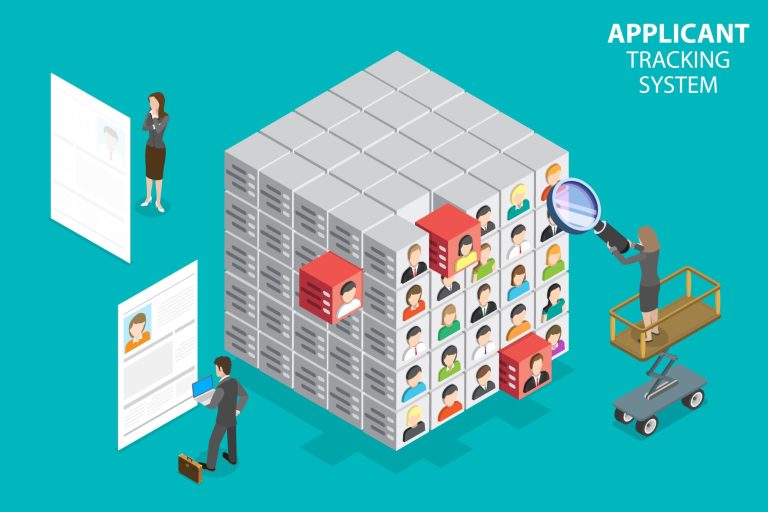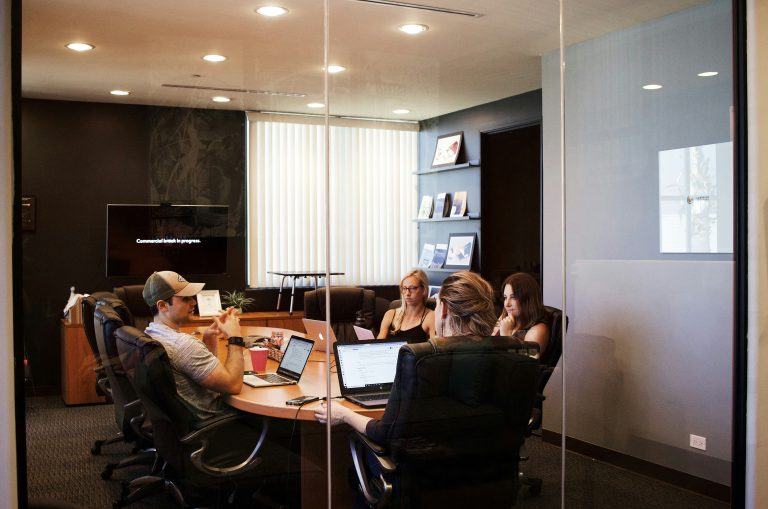The world has been thrown into a unique state of collective vulnerability (defined as that emotion we all experience during times of uncertainty, risk and emotional exposure). Never before have we found ourselves in the same collective boat across geographies, cultures, races, genders, ages, religions and status.
There are common triggers that people may be experiencing during a time like this. People may be experiencing fears of irrelevance and incompetence. They may have feelings of scarcity and comparison. People may be feeling lost, confused, isolated and alone – disconnected. People may also turn to self-soothing behaviours, to ‘numb’ what they are currently feeling.
What’s needed – empathy, compassion and connection
We cannot enter into a game of comparative suffering – assessing and ranking who has it better or worse. Hurt is hurt, anxiety is anxiety and fear is fear. Each time we honour our own struggle and those of others by responding with empathy and compassion the collective understanding (and healing) that results positively affects us all.
What is empathy?
Empathy is not responding to an experience or event that someone is sharing with us; it’s connecting to the emotions that underpin that experience. We all know what emotions feel like even if we don’t know the experience ie: we may not know what it’s like to be retrenched or to retrench someone but we can connect to the feeling of fear and loss that this experience or event is eliciting.
It’s also not about one-upmanship or even feeling pity or sympathy for another. Empathy has 5 core attributes: (based on the work by nursing scholar Theresa Wiseman)
- Staying out of judgment and being curious.
- Taking the other’s perspective.
- Understanding and identifying the emotion you are hearing.
- Communicating your understanding about the emotion.
- Not pushing away emotion – because it’s awkward or uncomfortable, but feeling it and moving through it.
What is compassion?
Based on the work of American Buddhist nun Pema Chödron, “Compassion is not a relationship between the healer and the wounded. It is a relationship between equals”.
In the workplace this means it’s not about feeling sorry for or pitying another, feeling inferior or superior to another or even responsible for fixing or solving the other’s emotional struggle. Nor is it about being soft on others. Boundaries remain for what needs to be delivered and compassionate leaders are clear, kind and firm about what still needs to be done during uncertain times in order to deliver our best work and honour our commitments to staff, stakeholders and clients.
Developing and demonstrating empathy and compassion
1. Check in with yourself
Examine your own emotions (introspection) – what’s going on for me right now? Ask questions like: Am I feeling my emotions or simply trying to manage them in order to avoid really feeling? Am I offloading my emotions – bouncing my fear and uncertainty and working these out on others? Am I stockpiling or numbing my emotions? What is my body telling me right now?
2. Check in with those around you
With deep respect and curiosity, enquire into and then really listen to what is going on for others. While discussions around fears and feelings may be deeply uncomfortable territory to step into especially when you’re struggling yourself, it’s important to spend a reasonable amount of time there. If not, it’s almost guaranteed you will spend an unreasonable amount of time dealing the unproductive behaviours which result from people’s fears and feelings. This is where the development of courageous leadership is essential.
3. Role model the behaviours you want to see
The antidote for anxiety is calm which involves gathering facts, creating perspective and developing mindfulness while managing emotional reactivity.
Helpful questions to ask when uncertainty increases include: Do we have all the facts? Knowing what we know and utilising all the resources we have available have we done all we can? Is there anything else we can do, shift or reprioritise? What is the next best step we can take? When will we take this step?
Accept and expect slip ups in delivery, mistakes and possibly even failure – there will be setbacks, missteps and dropped balls. Let’s give ourselves and our colleagues permission to test, trial and experiment and not always get it right and to allow them to circle back, set them straight and try again rather than shaming and blaming others.
Commit to practicing empathy and compassion daily, knowing that at some point you won’t get it right. The world doesn’t need perfection right now, it needs connection and those willing to question, listen and learn.
Julia Kerr Henkel is the founder of Lumminos.
























